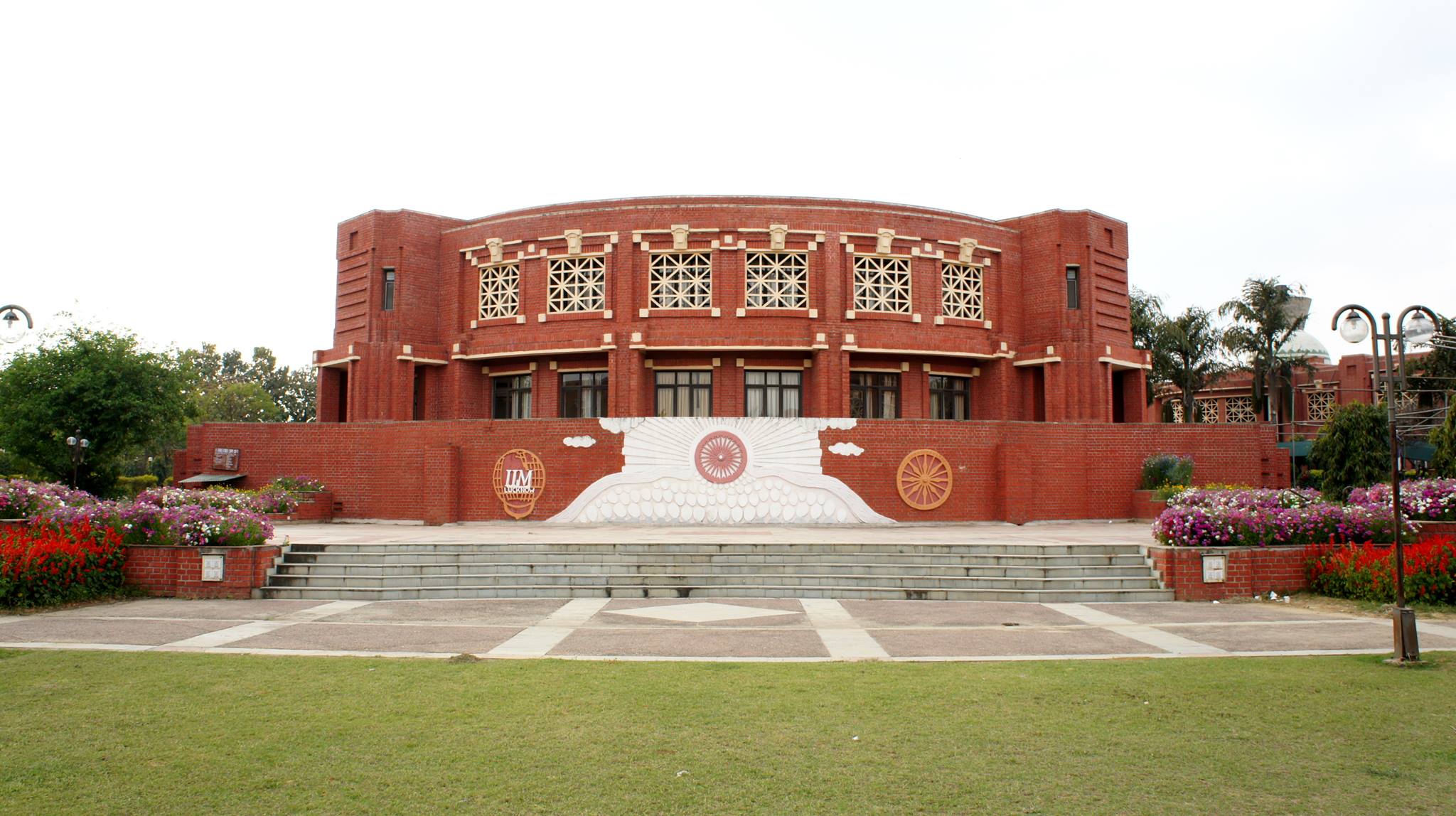Indian Institute of Management Lucknow (IIML) recently conducted a comprehensive environmental sustainability report, shedding light on resource footprints and greenhouse gas (GHG) emissions across both its Lucknow and Noida campuses. The assessment undertaken for the year 2023 as the baseline will not only serve as a fulcrum to identify avenues to curtail its ecological footprint but also shows its unwavering commitment to integrating sustainability in theory and practice when it comes to imparting an environmentally and socially conscious learning process by a reputed Indian B-School.
The report has been prepared by The Energy and Resources Institute (TERI) and the institute’s project was spearheaded by Prof. Kaushik Ranjan Bandyopadhyay and Prof. Dipti Gupta at the Centre for Business Sustainability (CBS), a Centre of Excellence at IIM Lucknow. The assessment employed a mixed-method approach, amalgamating qualitative and quantitative data analysis based on questionnaire-based surveys, insights from secondary literature, and comprehensive onsite assessments.
The assessment’s scope spanned a wide arena including:
- Estimation of energy consumption and GHG emissions
- Inventorization of carbon sink to assess the carbon sequestration potential
- GHG emission avoided through renewable energy usage
- Solid waste generation and utilization
- Water consumption
- Taking stock of conservation initiatives through groundwater recharge and wastewater treatment
- Paper consumption
- Biodiversity assessment
Given that this was also a first-of-its-kind endeavour towards establishing a GHG emissions inventory by IIML, the focus was primarily on estimating Scope 1 and Scope 2 emissions. Scope 1 emissions represent direct emissions controlled by an organization, while Scope 2 emissions are indirect emissions resulting from the organization’s activities but occurring from sources not owned or controlled by it. Scope 2 emissions largely arise from electricity that an organisation buys from the electric grid.
Speaking about the Report, Prof. Kaushik Ranjan Bandyopadhyay, Chairperson, Centre for Business Sustainability, IIM Lucknow, stated, “The institute has taken a critical step to chart out a path to internalise the concerns of sustainability in a holistic manner and also shows its commitment to a Net Zero future, which only a handful of higher education institutions in the world has been able to demonstrate so far.”
The report highlights key findings across several critical areas. It estimates the carbon footprint of both campuses, identifying both direct and indirect emissions. The institute has prioritized planting native tree species to enhance carbon sequestration, significantly offsetting emissions. The Lucknow campus has installed rooftop solar panels, contributing to a notable reduction in fossil fuel-based electricity consumption. Sustainable mobility is promoted through the use of electric golf carts. Water conservation efforts include monitoring daily consumption and implementing artificial and natural groundwater recharge pits. Wastewater treatment facilities on both campuses support horticultural needs, while solid waste management practices ensure substantial recycling efforts. Additionally, the campuses’ biodiversity initiatives have fostered impressive flora and fauna, supporting the region’s ecological balance.
Speaking about the need to develop such sustainability reports, Prof. Dipti Gupta, Assistant Professor, Centre for Business Sustainability, IIM Lucknow, remarked, “Sustainability assessment reporting provides a comprehensive understanding of the current situation and the concomitant gap in shaping a sustainable scenario. It acts as an aid for developing future strategies and policies and helps maintain compliance records for environmental integrity.”
The first-of-its-kind comprehensive environmental sustainability report brought out by IIM Lucknow also sets the stage for implementing targeted initiatives to reduce environmental impact as the institute progressively envisions itself towards a sustainable and net zero future. Moving forward, IIM Lucknow remains dedicated to fostering a culture of environmental stewardship and driving positive change within the academic community and beyond.

